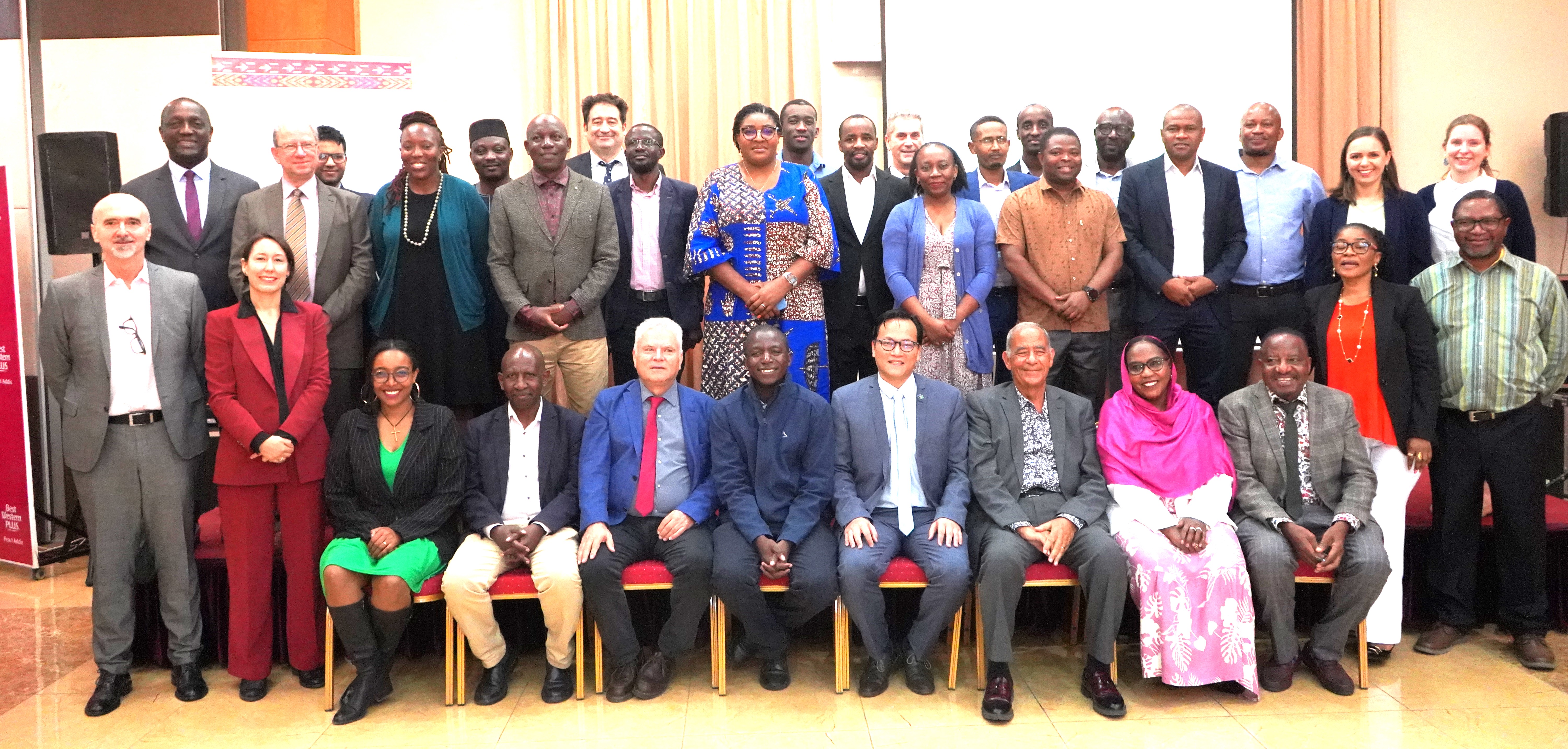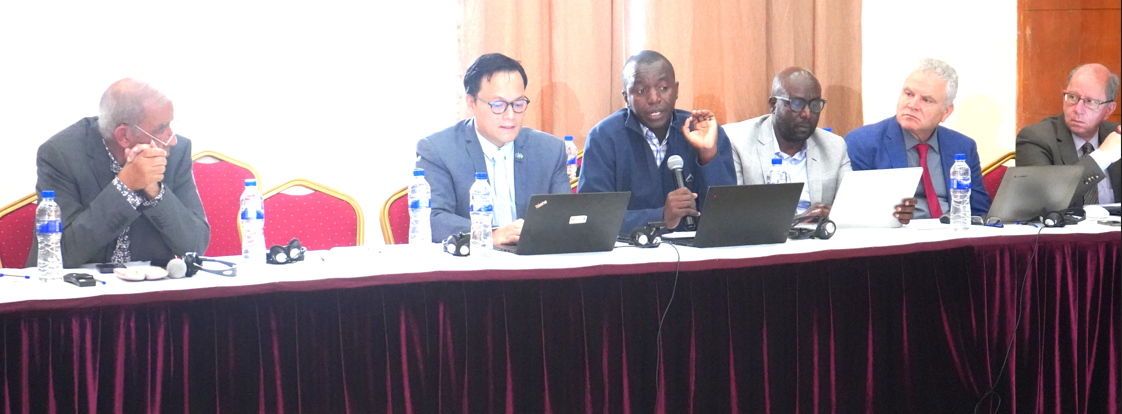Mwanga CMP Platform
News
Powering Africa's Future by 2063: Making Electricity Accessible for Everyone
February 2024, Addis Ababa, Ethiopia
The Continental Master Plan (CMP) has completed its final analyses, urging a concerted effort to plan and coordinate energy infrastructure on a continental scale. The reports were presented for adoption at the Fourth Ordinary Session of the African Union Specialised Technical Committee on Transport, Transcontinental and Interregional Infrastructure, and Energy (STC-TTIIE) held in Zanzibar, Tanzania, from 12th to 15th of September 2023.
The demand for electricity in Africa, where an estimated 600 million are without access, is projected to rise significantly by 2040 due to factors such as rapid population growth, industrialisation, urban migration, higher household incomes, and the impacts of climate change. However, achieving universal access to electricity by 2030 seems unlikely based on the current baseline business-as-usual projections.
The African Single Electricity Market (AfSEM) aims to establish a comprehensive marketplace for electricity throughout Africa, interconnecting various power pools to facilitate easier electricity sharing among countries. This initiative promises increased stability, reduced electricity prices, and enhanced accessibility for all. On the other hand, the Continental Power Systems Masterplan (CMP) represents a strategic blueprint for enhancing and modernising Africa's power systems. It encompasses a wide range of initiatives, including the construction of new power plants and the modernisation of existing transmission lines, essentially revitalising Africa's energy infrastructure on a significant scale.

Being recognised as flagship projects boosts the status and visibility of CMP and AfSEM, garnering increased attention and support from stakeholders such as governments, international organizations, and investors, which streamlines the implementation process. Additionally, endorsement as flagship projects ensures enhanced political backing and commitment from African governments, increasing the likelihood of receiving sustained attention, resources, including funding and technical assistance, to overcome implementation challenges and achieve their objectives as key priorities of Agenda 2063.
Following this endorsement, the African Union Development Agency-NEPAD (AUDA-NEPAD) held a two-day stakeholder consultation on 21-22 February. During the workshop, stakeholders deliberated on Deliverables 2 and 3 of the CMP, pivotal components in advancing the masterplan's objectives. Deliverable 2 encompasses Transmission Network Scenario Studies, which provide critical insights into the optimal configuration of Africa's power transmission infrastructure to facilitate efficient electricity trade and integration. Deliverable 3, on the other hand, pertains to Multiple Energy Project Prioritisation Criteria, offering a framework for assessing and prioritising energy projects based on their socio-economic impact, technical feasibility, and environmental sustainability.
In addition to endorsing Deliverables 2 and 3, the workshop aimed to secure ownership and commitment from all stakeholders involved in the development of the CMP. This collaborative approach ensures that the CMP's implementation remains inclusive, drawing upon the expertise and resources of diverse stakeholders, including the African Union Commission, AUDA-NEPAD, Power Pools, European Union, African Development Bank, and other key institutions.

As Africa embarks on the next phase of Agenda 2063 implementation, the endorsement of AfSEM and CMP as flagship projects marks a significant milestone in the continent's journey towards sustainable development and prosperity. By harnessing the power of regional cooperation and strategic planning, Africa is poised to unlock its vast energy potential, driving economic growth, and improving the quality of life for millions across the continent.
Implemented with support from

..
